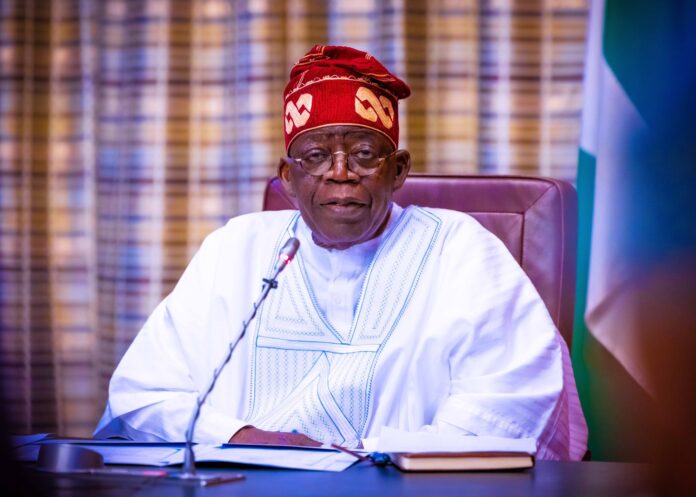By Milcah Tanimu
Nigeria’s petrol subsidy has resurged and now surpasses the amount paid before President Bola Tinubu halted the costly practice in May. According to analysis by BusinessDay, the country is currently footing a subsidy bill of approximately N907.5 billion monthly on premium motor spirit (PMS), with the actual cost of a liter of fuel reaching N1,203 due to the nation’s foreign exchange crisis.
Just one week before the 2023 presidential election that ushered in the new administration, Mele Kyari, the Group CEO of the Nigerian National Petroleum Company (NNPC) Limited, stated at the final cutover ceremony of NNPC that the country was spending over N400 billion monthly on petrol subsidy.
Recent investigations into Nigeria’s petrol pricing dynamics have revealed a significant surge in the landing cost of petrol, primarily attributed to the escalating black-market exchange rate. At the prevailing black-market rate of N1,500 per dollar, the landing cost of petrol has soared to N1,009 per liter, marking a substantial increase from N720 per liter recorded in October 2023.
Despite the deregulation of the downstream sector, which permits licensed private oil marketers to import petroleum products, the state-owned oil company remains the sole importer of petrol into Nigeria. This is largely due to the difficulty in accessing forex required for importation, leaving other private marketers dependent on the NNPC.
Over 90 licensed marketers tasked with importing petroleum products into Nigeria find themselves unable to bring in any products nearly nine months after the deregulation announcement by President Bola Tinubu. According to Jide Pratt, country manager of TradeGrid, access to forex is essential for marketers to import the refined product into the country.
President Bola Tinubu had announced the removal of petrol subsidy in May 2023, citing a difference of close to N202 for every liter of PMS imported into the country prior to the deregulation. Mele Kyari had earlier indicated that the subsidy amounted to over N400 billion monthly.
However, Eze Odiri, a public sector consultant, expressed concerns over Nigeria’s ability to earn substantial forex, attributing the challenge to the NNPC’s monetization of future production volumes for upfront cash. Odiri emphasized the need for a boost in non-oil exports and improved remittances from the diaspora to mitigate the forex crisi

